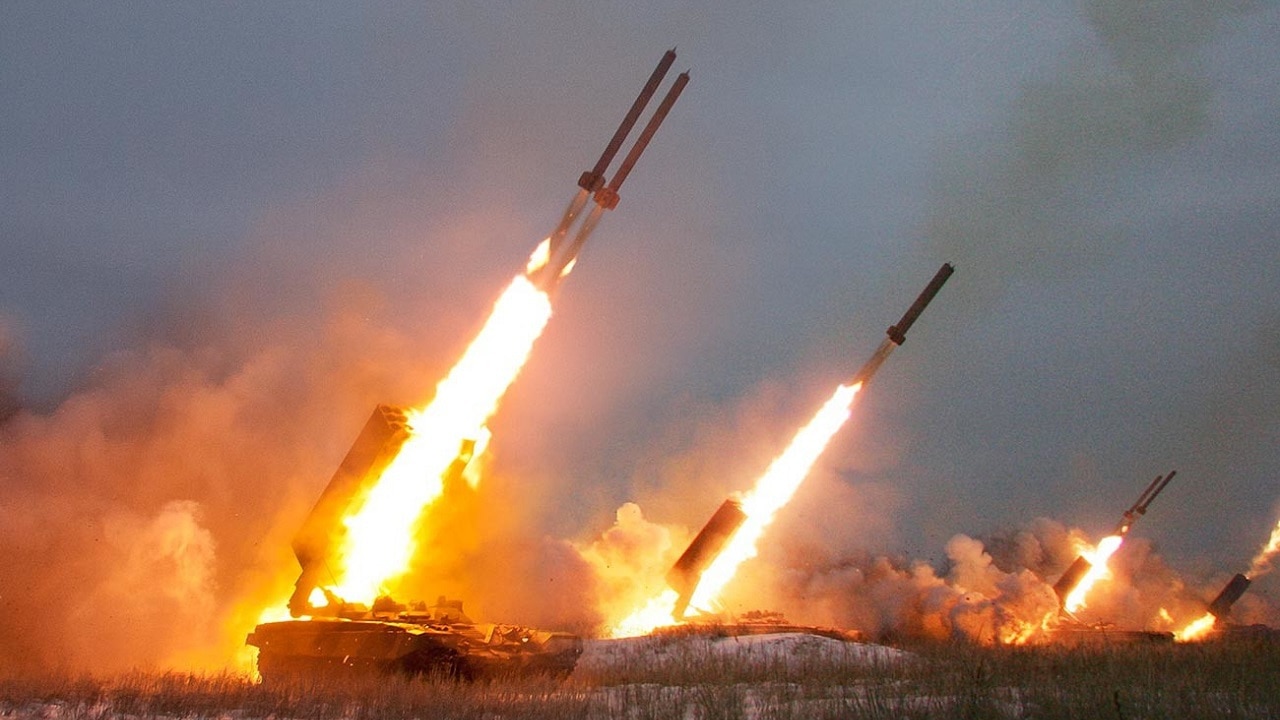Russia’s Investigative Committee, responsible for investigating serious crimes, has officially confirmed the death of Yevgeny Prigozhin, the head of the notorious Wagner mercenary group.
This confirmation comes after a plane crash in which Prigozhin was among the passengers.
After conducting forensic tests, the committee identified all ten bodies recovered from the crash site.
According to committee spokeswoman Svetlana Petrenko, these identities “conform to the manifest” of the flight.
Russia’s civil aviation authority had previously indicated that Prigozhin and several of his top associates were on board the ill-fated plane that crashed north of Moscow.
Wagner Group Could Collapse
This plane crash further accelerates the disintegration of the Wagner Group, which was already in a state of decline before the incident.
Analysts suggest that Wagner may cease to exist in its current form, with fighters potentially defecting to other groups.
The Russian government appears to be moving to consolidate control over the remnants of the organization.
Atlantic Council security expert Ruslan Trad told the BBC that Prigozhin’s death could even see a replacement with links to Russia’s military intelligence service, the GRU, installed in his place.
The impact of Prigozhin’s death on the war in Ukraine remains uncertain, as Wagner’s role in the conflict was already diminishing.
Killed By Putin?
The crash has ignited speculations about its cause, with suspicions of a possible Kremlin-orchestrated hit. However, Russian authorities have vehemently denied any involvement.
Prigozhin’s death may signal revenge by President Putin for the mutiny, but it could also be interpreted as a sign of his delayed response to challenges to his rule. This incident reminds the Russian elite that threats to Putin’s authority persist, and not all challenges are decisively addressed.
Yevgeny Prigozhin, known for his shadowy operations, had been previously reported dead twice, including after a plane crash in the Democratic Republic of the Congo in 2019. His ability to use body doubles and multiple passports added to the confusion surrounding his fate.
An Uncertain Path
Prigozhin was charged with leading a mutiny just two months ago when Wagner mercenaries captured a defense headquarters in Rostov and advanced towards Moscow.
This act was deemed a significant challenge to Russian President Vladimir Putin’s authority, marking one of the most serious threats to his 23-year rule.
Despite the short-lived mutiny, the Kremlin swiftly reached an agreement with Prigozhin, allowing him to avoid charges and resettle in Belarus.
Questions lingered about whether Prigozhin would eventually face consequences for his involvement in the mutiny.
Dmitry Utkin, Prigozhin’s second-in-command and a key figure within the Wagner Group, also perished in the plane crash. Utkin was widely believed to have founded Wagner and baptized the group with his pseudonym.
Despite these brewing changes after the deaths of key Wagner leaders, the situation in Ukraine may not see significant changes due to the group’s diminishing importance in recent developments. However, its extensive operations in West Africa seem less unstable.
Georgia Gilholy is a journalist based in the United Kingdom who has been published in Newsweek, The Times of Israel, and the Spectator. Gilholy writes about international politics, culture, and education.
From the Vault
The Navy Sent 4 Battleships To Attack North Korea
‘Sir, We Hit a Russian Submarine’: A U.S. Navy Sub Collided with a Nuclear Attack Sub

